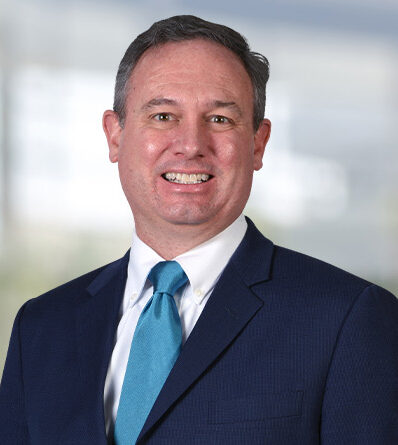Employment Law Report
Free Speech in the Workplace
So far, the year 2020 has once again exceeded our wildest expectations. On the heels of tragedy in Minneapolis and Louisville, protests across the nation have erupted in unprecedented support of social justice. Earlier this week, Starbucks made headlines after they refused to allow their employees to sport any paraphernalia that supported the “Black Lives Matter” movement. In a memorandum that sought to justify its actions, the company stated that “there are agitators who misconstrue the fundamental principles of the ‘Black Lives Matter’ movement — and in certain circumstances, intentionally repurpose them to amplify divisiveness.” The move was met with widespread rebuke and drew sharp criticism across social media platforms. The question on many people’s minds is how Starbucks, and other companies similarly situated, can legally take such action to suppress the voices of their employees.
Many individuals have questioned Starbucks’ authority by citing the First Amendment’s protection of the freedom of speech. However, as a general rule, the First Amendment protects suppressive actions by the government, and does not prevent a company or other private actors from limiting free speech. As a result, companies may generally limit any speech that violates a reasonable, nondiscriminatory company policy, and they can even discipline an employee for calling in sick to attend a protest so long as the absence violates a company policy. Specifically, in the recent Starbucks example, the company cited a policy against accessories that “advocated a political, religious or personal issue” saying that such messages are prohibited “to create a safe and welcoming” environment at Starbucks locations.
With that being said, certain employee speech may be protected by national labor laws such as the National Labor Relations Act (NLRA). The NLRA protects concerted activity relating to employee working conditions. This allows employees to comment publicly in regard to wages, work hours, workplace safety, and the like. However, this generally would not include speech about political issues and events occurring outside the workplace.
Although companies may have the legal authority to take action limiting the speech of their employees, the court of public opinion is always open and often assesses heavy penalties. Starbucks has since reversed its position.
